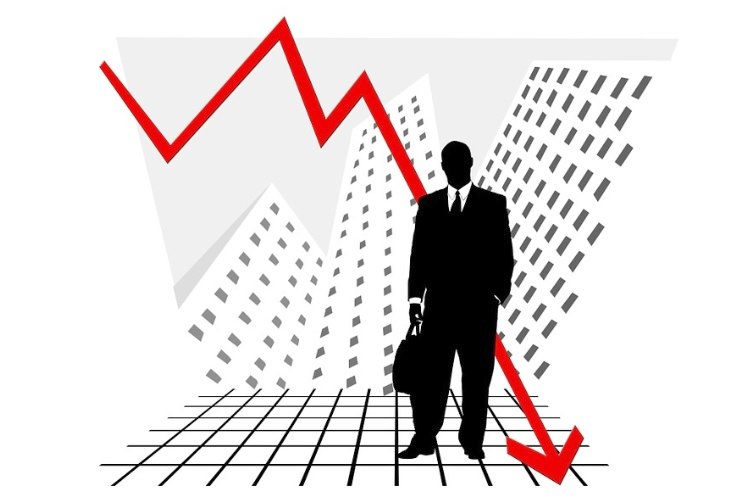Lees-top 10: ‘Structured crisis management’

De top 10 artikelen uit internationale media in week 22:
1. Buffett Rebuffed
The Berkshire chairman decried the FASB mandate on new reporting for unrealized gains and losses. His airline holdings proved him wrong.
2. Private Equity’s COVID-19 Recovery Plan
Board members and senior managers can learn from the “structured crisis management” techniques PE firms are employing with their portfolio companies.
3. Good Feedback Is a Two-Way Conversation
Getting others to accept our feedback can prove challenging, especially when it’s critical. Worried that their feedback may lead to hurt feelings or diminished productivity, managers resort to face-saving techniques like the “praise sandwich” that end up doing more harm than good. The result is a tenuous feedback culture built largely upon evasion, confusion, and self-delusion.
4. Why the ‘Fourth Industrial Revolution’ Looks Much Like the First
Seen from one angle, “The Fourth Industrial Revolution” is a marvel of enlightened scientific objectivity. It promises to replace obsolete habits and mind-sets with frictionless, data-driven solutions. Unshackled from analogue-era limitations, organisations and employees alike should be freer than ever to follow pathways to their own flourishing. So far, it hasn’t exactly worked out that way…
5. 5 tips for preventing burnout during COVID-19
For finance professionals working demanding jobs, the risk of burnout can be a challenge in the best of times. But in the midst of the COVID-19 pandemic, many people now find themselves suddenly thrust into the position of having to balance their work obligations with new competing demands — home-schooling children or caring for sick relatives, for example — in a time of deep economic uncertainty and collective anxiety.

6. From thinking about the next normal to making it work: What to stop, start, and accelerate
In a previous article, we discussed seven broad ideas that we thought would shape the global economy as it struggled to define the next normal. In this one, we set out seven actions that have come up repeatedly in our discussions with business leaders around the world.
7. How to Spot When an Employee Is Secretly Struggling
The COVID-19 world is marked by a high degree of uncertainty and existential fear, a dearth of social interaction, the convergence of professional and personal space, a lack of physical activity and an obsessive focus on hygiene and social distancing. For professionals, it amounts to a toxic combination that elevates stress levels and increases the risk of burn-out. Virtually no one – and no organisation – is immune.
8. Analysing future cash flow in Excel
The current global environment of lockdowns, reopenings, re-lockdowns, and general uncertainty brings physical, psychological, and financial strains more to the fore than ever before. I wish readers all the best in these troubled times.
9. How CFOs Can Help Accelerate Divestitures in the Current Crisis
Economic conditions, business needs, and activist pressures have increased the need to accelerate the divestiture process. How can CFOs help?
10. Big Changes Ahead for Boards
FEI Daily spoke with Claudia Allen, a Senior Advisor with KPMG’s Board Leadership Center, about how to reinforce the board’s cybersecurity protocols and the rise of COVID-19 committees.











